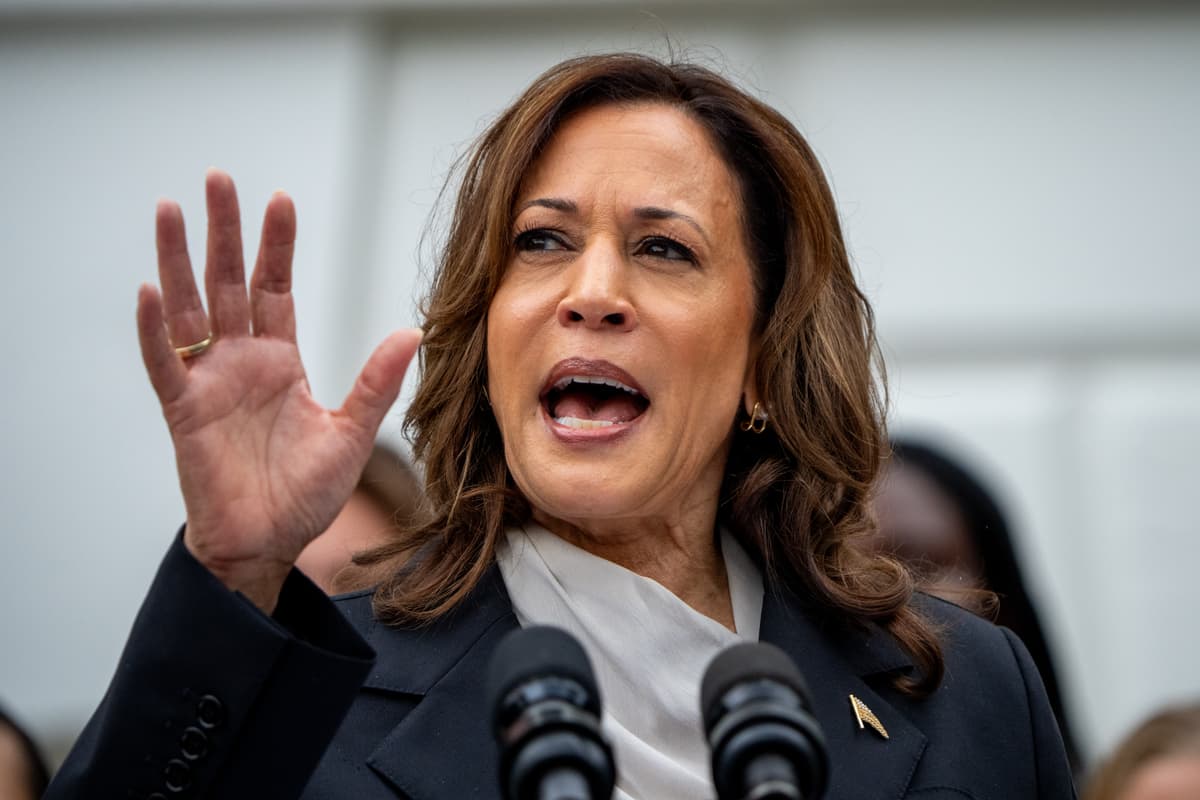Jack Smith’s Prosecutions of Trump, Stalled in Court, Hang on a President Harris
The cases against the 45th president will be decided just as much at the ballot as the jury box.

Special Counsel Jack Smith’s two criminal cases against President Trump could well be decided at the ballot box rather than in the jury room.
The special counsel has long sought to move his January 6 and Mar-a-Lago prosecutions to trial before the presidential election in November by suggesting that there obtains a “compelling” public interest in accelerated prosecutions. He has now been stymied in two jurisdictions — South Florida and the District of Columbia.
The nature of the impasses Mr. Smith now faces do not lend themselves to easy resolution, though in neither case is he entirely without hope. The Supreme Court’s immunity ruling remands the January 6 case back to Judge Tanya Chutkan. She is tasked with determining which acts in Mr. Smith’s indictment are official, and therefore presumptively immune. Unofficial acts are not immune.
Judge Chutkan, who has proven pliant to Mr. Smith’s motions, could determine that Trump was acting unofficially on January 6 and when he propounded the so-called alternative elector plans. The Nine, though, mandated that the special counsel will have a high bar to clear if he is to use as evidence Trump’s interactions with Vice President Pence or the Department of Justice.
Both Trump and the government will be allowed to present evidence as to why a given act should be deemed official or unofficial, meaning that these hearings, amounting to something like “mini-trials,” could stretch for months. The decisions are Judge Chutkan’s to make, though her rulings would be subject to appeal to the riders of the District of Columbia appeals circuit and the Supreme Court.
An even more arduous road lies ahead for Mr. Smith’s Mar-a-Lago prosecution. Judge Aileen Cannon has ruled that his appointment violates the Constitution, and she has prescribed the stiffest of remedies — a dismissal of all 40 charges against Trump, and of those handed up against his co-defendants as well. She leaned heavily on a fresh concurrence, in the immunity case, from Justice Clarence Thomas, suggesting that a Supreme Court showdown could lie ahead.
The rulings by Judge Cannon and the Supreme Court underscore that, to these jurists, November’s elections possess no legal salience. That position appears to be shared by the Georgia Court of Appeals, which will hear Trump’s challenge to the status of District Attorney Fani Willis on December 8, a month after the vote. That, though, is a state criminal case.
Mr. Smith’s cases are in mortal danger only if his defendant wins the election. If Ms. Harris, a fellow prosecutor, prevails, the special counsel’s matters can be expected to get new leases on life, of at least four years. That would presumably be more than enough time for both the January 6 and Mar-a-Lago cases to work their way through multiple tiers of appeal, and back to the trial courts for a jury verdict. Which, if it is “guilty,” could be appealed.
In this respect, Judge Cannon’s dismissal could be a blessing in disguise for Mr. Smith. Her scotching of the case at this early juncture — before the merits have been argued — means that the special counsel has a clear path to appeal. And because her ruling turned on constitutional law rather than fact, the appellate riders will review it from scratch, and accord her no deference.
If Judge Cannon had waited to dismiss the case until a jury was seated, Mr. Smith’s opportunity for appeal would have been more circumscribed. That’s because the Fifth Amendment ordains that “No person shall … be subject for the same offense to be twice put in jeopardy of life or limb.” This prohibition on Double Jeopardy, though, attaches only after a jury is seated.

